The Whidbey Institute is strengthened and defined by those we serve. We convene and catalyze our own programs as well as those of mission-aligned partners across sectors and interest areas, amplifying the impact of this work by providing spaces and cultural conditions that support authentic connection among individuals, organizations, neighborhoods, and ecosystems.
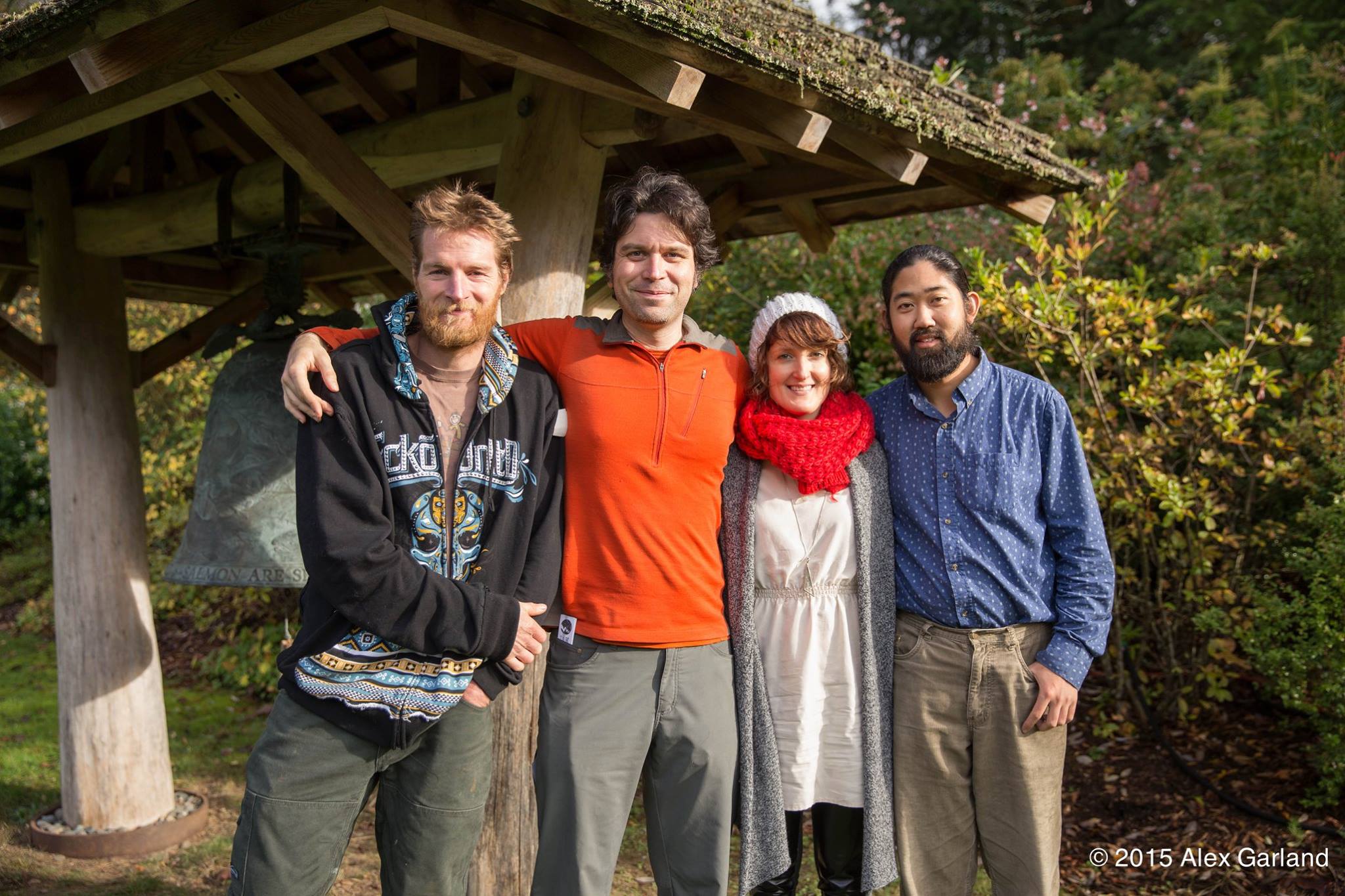
“I remember on the morning we left Selma, Martin Luther King saying, ‘tell your children and your grandchildren that you were here, that you were part of history.’ Today, we want to know that in the future we can tell our families that we awoke to the challenge of our time, joined in the great work, and that we did our creative best. We can also tell them that on this journey, in a way more deeply satisfying than we expected, we found we were linked with others in passionate community—we found a people to walk with.”
—FRITZ HULL, FOUNDER
Photo © Alex Garland
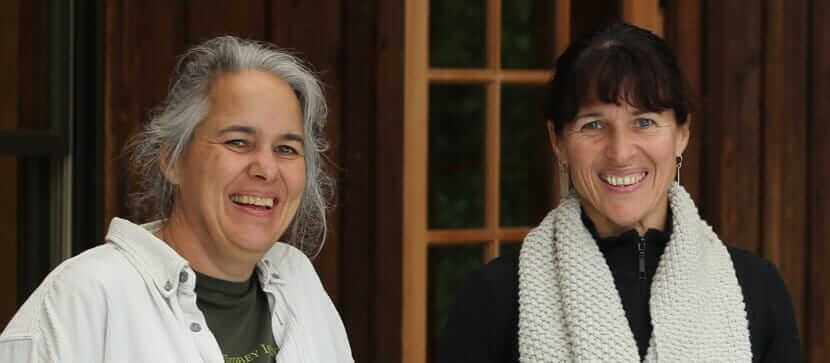
“When we come to the Institute, we know that we can enter into important, honest, open conversation about the issues that matter most in the world. We expect to learn from one another, and learn from the land. We have a safe place to be challenged, to experiment, to enter into deep inquiry and meaningful connections. I can’t think of anything more important than this kind of base from which to build the creative and resilient communities necessary to navigate our futures.”
—Kate Snider, Board President
“I want to be in the gravel, in the dirt. I’m not talking about heady ideas: I want to be able to see eye-to-eye with those people who, for some weird reason, started something that has actually changed the fiber of a community. I want to feel why and how, and give people confidence in what they could do in their own community. Those are stories and conversations that don’t have an end.”
—Jerry Millhon, Thriving Communities Initiative Founder & Former Director

“Each time I went to Powers of Leadership, I brought the lessons back. We talked about defining moments, what we were doing, and why were were doing it. If that deep purpose was threatened, we would stand up and say no. As the work unfolded, we would say, ‘can we still do this in good conscience? Who are we here to help? What are we here to serve?’”
—Kathleen Patton, on how her work at the Whidbey Institute informed team activities during her campaign to defend British Columbia’s Agricultural Land Reserve

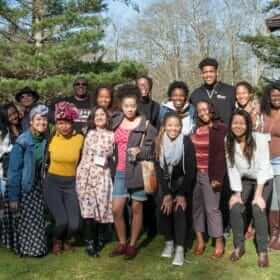
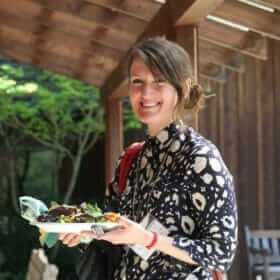
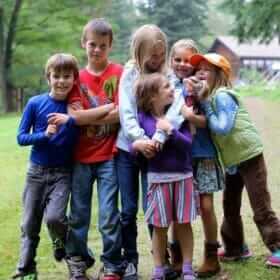
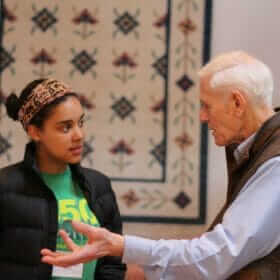
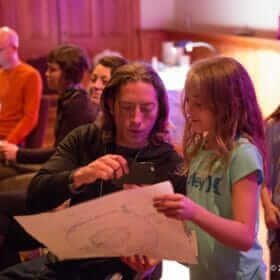
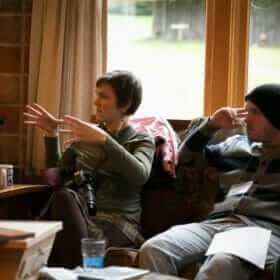

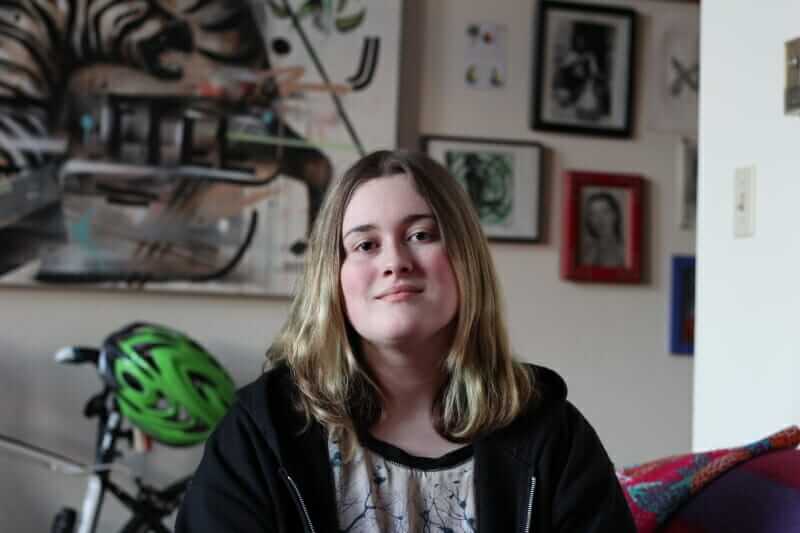

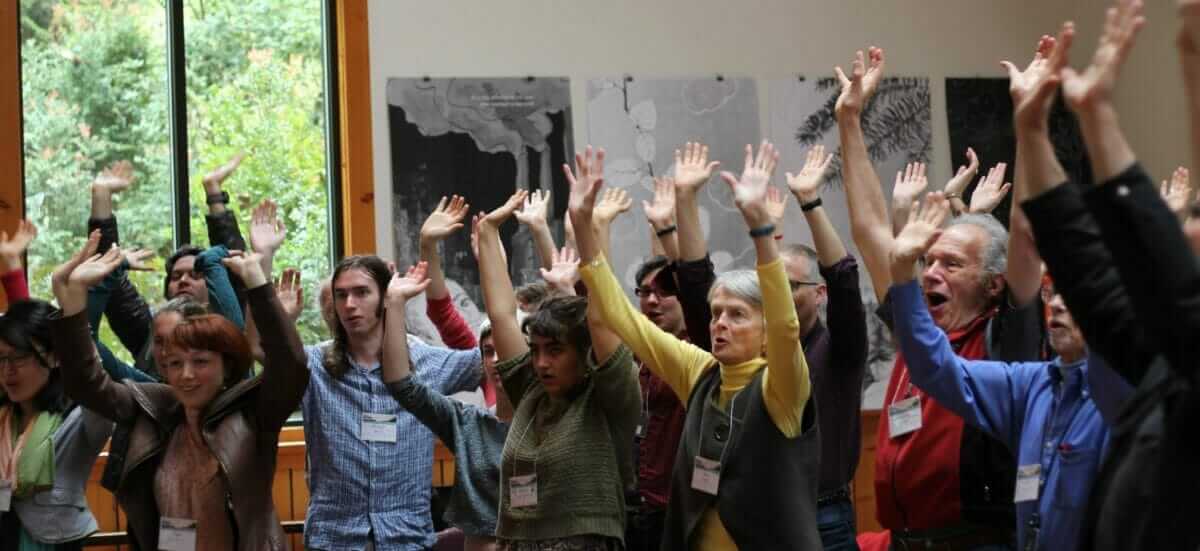
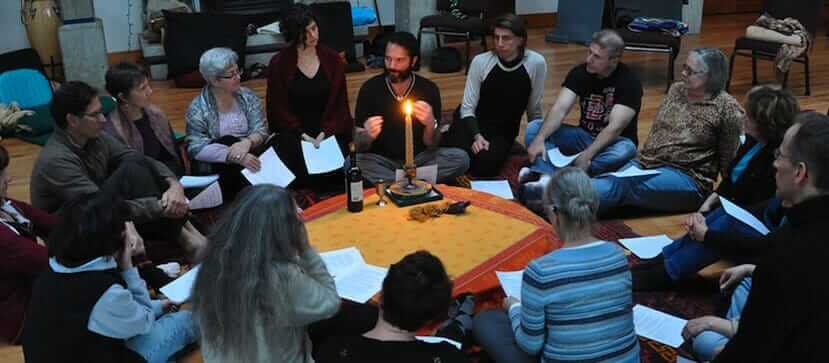
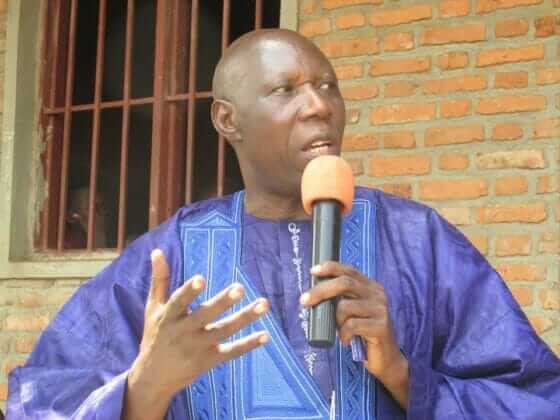 “My connection with Whidbey has transformed me by showing me how much people care for others. People here are very generous … they have heart for other people.”
“My connection with Whidbey has transformed me by showing me how much people care for others. People here are very generous … they have heart for other people.”